
Bonnie "Prince" Billy and Tortoise: Thunder Road
[purchase]
(On writing as a process of adaptation, part three: the extreme cover.)
One of the reasons I coverblog is that I love folk music, and many local artists need some sort of boost to be heard. Which is to say: in my experience, cover songs are an especially important vehicle for introducing audiences to new artists -- by using familiar songs, a comfort zone is created which helps us be more willing to try something new; from there, if we like what we hear, we may be more willing to try the original works of the artist. The flip side of this, of course, is that covers confront the singer-songwriter model that typifies most new music today: by changing the way a song is performed, covers generally split original performance -- as modern, post Tin Pan Alley culture experiences it -- from song-as-written, making it easier for an astute listener to consider as discrete product both the song itself and the artistic choices that went into each performance.
But every once in a while, an artistic reimagining of song is so different from the original, rather than creating comfort, it confronts our sense of the original song, calling attention to the vast difference as we strain to hear the original in the cover. I'm not just talking here about acoustic renderings of Ozzy Osborne songs, either -- what I mean to point to is more like the "recasting" Matt traces through the work of The Replacements, or something akin to the "open source" adaptation of melody, lyric, and arrangement which Dean spoke of earlier this week, though in this case, we're taking about cases where at least one of those components stays similar enough that the original is still both attributable and, further, is named by the artist performing the song -- that is the performer believes he is creating a coversong, regardless of what we might read into it. Such extreme covers transcend our usual understanding what it means to cover something, and begin to move -- ever so slightly -- in the direction of rewriting.
One great example of this is the Bonnie "Prince" Billy and Tortoise "cover" of Thunder Road, a song we've already heard evolve in the hands of its author, thanks to Paul's great analysis. (note: unless you grew up in a thrash-metal-only zone or something, you've surely heard Springsteen's original before this week, too). The cover is startlingly different, and much of this is "mere" arrangement: rock drums, pulsing, anthemic keyboards and electric guitar; seventies-era rock breaks and solos; beautiful, haunting harmonies. But there's something else happening here, too. By keeping the lyrics intact, but completely rewriting the composition -- switching it into a minor key, and displacing the melodic line entirely, though it appears again faintly in the harmony part of the chorus -- other than a faint recognition that this is a Springsteen song we know, the way we hear the song has almost no relationship to the way we have always heard the original. If chords matter -- and Brendan made that case convincingly, I think -- this isn't a new setting of a song, it's a total deconstruction of one.
Maybe my coverblogger's ears are oversensitive to such change. But I think what Tortoise and Bonnie "Prince" Billy have done here is to coversong what Jackson Pollock once was to art: by presenting us with something almost but not quite unrecognizable, it confronts our sense of what is and what is not true writing, asking us to consider more fluid the usual lines between the art of performance and song creation and the craft of arranging and interpretation. It may not be true "writing", but it's closer to it than most covers.
Wednesday, June 25, 2008
Songwriting: Thunder Road (revisited)
Posted by boyhowdy at 11:29 PM
Labels: Bonnie "Prince" Billy, songwriting
Subscribe to:
Post Comments (Atom)





































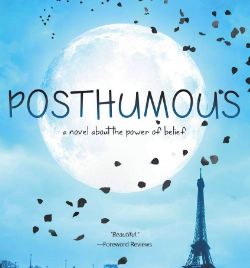



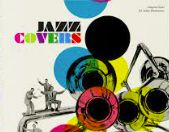


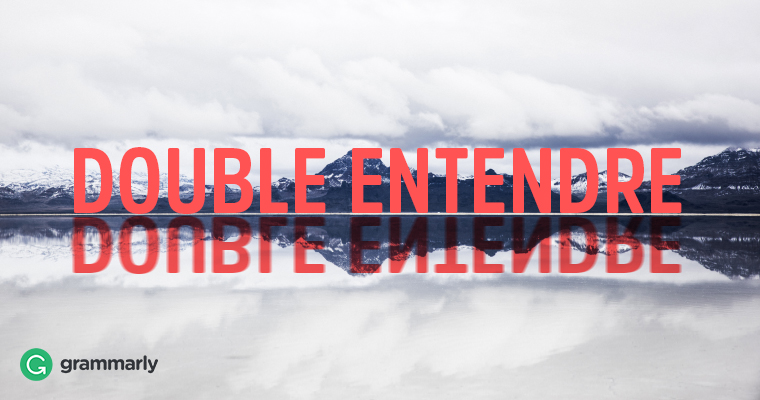






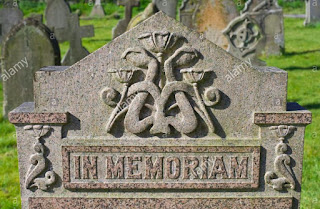


























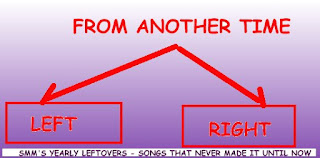






































































































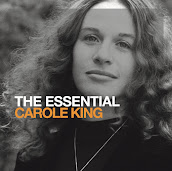



























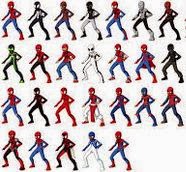


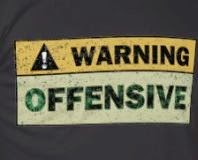






















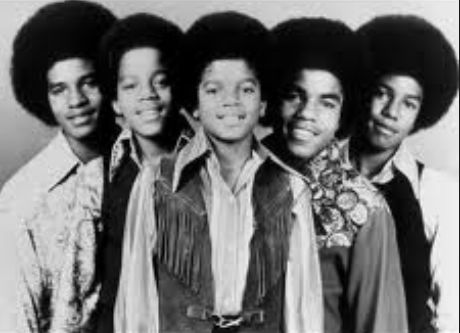





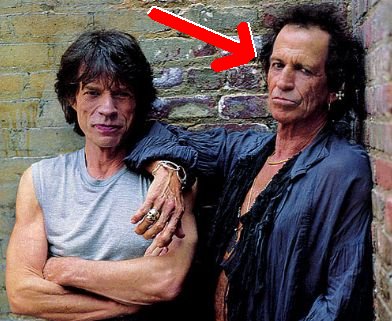



















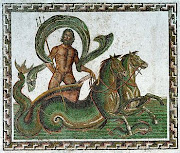






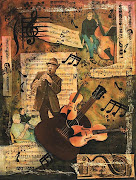


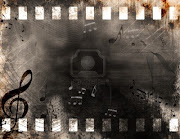






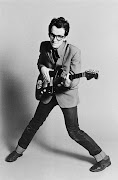



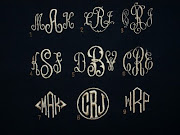





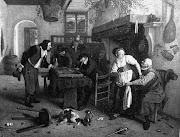


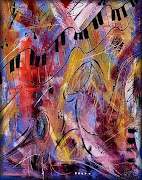
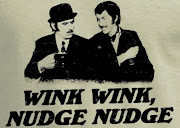



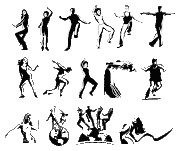









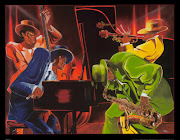



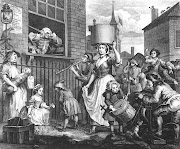











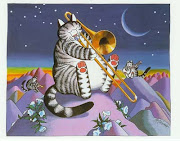
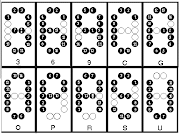
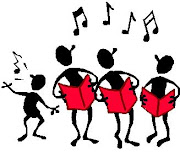




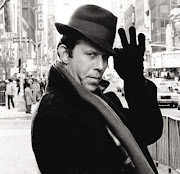


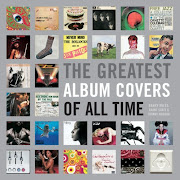


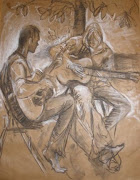

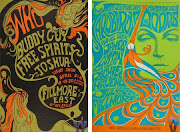



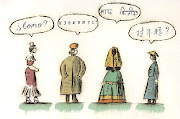
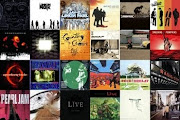






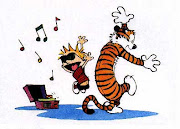









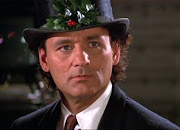


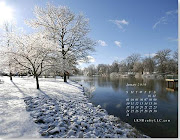


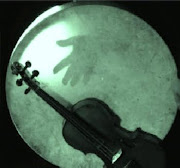




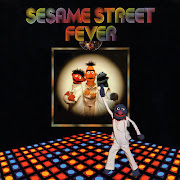



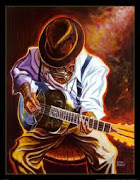
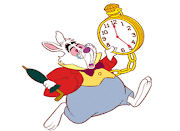

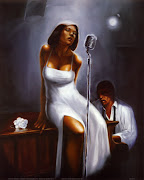

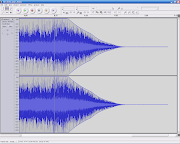
13 comments:
Great post. This song is everything that a cover should be. A nod to the great original (obviously) but also an entirely new piece of art.
Another example would be Jimi Hendrix's cover of All Along The Watchtower, which is my favorite cover song ever.
"oual" = paul + one baseball game + three Labatt's + one Maker's Mark + one delicious cigar...
The Maker's Mark was a double...
Thanks Oaul. Drunken compliments are the best kind; at least you know they're sincere.
When Bob Dylan received that special prize from the Pulitzer folks, I did a Jimi Hendrix cover post to commemorate it.
Oh, and BWR, if you're reading this: I would have linked to your work on this week's theme, too, but though influence is what the whole post is ABOUT, I just couldn't find the right spot. Sorry about that. I owe you one, man.
Sorry boyhowdy, I don't see what all the fuss is about. They sound like Steely Dan stuck in a malfunctioning Tardis and they've drowned the urgency and drama to such an extent that the thrilling finale of the original becomes more of a 'Yeah this towns full of losers and I'm pulling out to win'."Well,tomorrow that is, when I sober up". Then Steely Dan get sucked away into a big black hole and it's over. Delivered with all the passion of a stale weetabix and not up there with Will Oldham's best. I haven't heard the whole album but do much prefer their cover of Richard Thompson's 'Calval
ry Cross' which is perhaps more suited to this collaboration. What's the lowdown on the whole album boyhowdy?
Hey -
If you want to hear another excellent cover of this tune, look for a live version from the Counting Crows. For a few years they would do this song as a part of "Rain King" - it is brilliant.
Best boot I've heard comes from the 1999 Magness Arena show. You should be able to find that boot on the net pretty easily.
Let me know if you want to can't find it and want to hear it.
briandeichenberger@yahoo.com
Taste is taste; I'd never let myself get into a position of defending why you should like this song -- though I agree with your assessment of sound (Steely Dan I had in mind; Tardis completes the image).
If it helps, though, to say that the setting of the lyrics "drowns the urgency and drama" is to mistake the lyrics for being the primary carrier of such tonal aspects of song. One of the things about covers: they help us see that delivery (which create the contextual aspects of emotional meaning: tone, instrumentation, pacing, etc.) affects meaning to a significant extent.
Who said Oldham was going FOR passion? Certainly, songcraft uses a much broader palette; Steely Dan, for example, is many wonderful things, but passionate it is not, and that's no failing when it wasn't the point. Lines like the above, and like comparisons to "stale weetabix", suggest that you still have the original Springsteen song in mind as a standard -- which is hard to shake loose, admittedly, but which does not allow a listener to do real justice to a cover which is designed to recast completely.
A Challenge, then: see this song for what it is, rather than a commentary on the original, and we can talk.
Haven't heard the whole album -- notably, a full-bore cover album, which seems to be out of print in the US, since the web page for its label is defunct -- though I'd LOVE to hear the R Thompson cover on it. But I note that this is a blog about song: as such, I feel perfectly comfortable treating the song as song, especially given that its context -- as with all covers -- is clearly supposed to rest primarily in the ears of the listener, and in the memory of the original. Postmodernism aside, music recorded in a world where songs are individual artifacts more often than not only begs us to do so.
BH - No problems here. I have no expectations of being linked or not linked. Just here for the tunes and some good reading. Great post, btw.
Brian: I had heard (and once had) a very poor-quality recording of the Counting Crows cover, but crowd noise and poor sound mixes are annoying, so I deleted it in the name of storage space. if you've got something a bit more...listenable, then I'd love to hear it; CC deserve a second chance...
Also have a few others -- Dan Bern's is VERY Springsteen; Fall Out Boy is a failed attempt at fragility. Let me know, folks -- I may even have them up tomorrow on my own blog, come to think of it; this theme is worth the cross-promotion, and my own entries relevant to readers of covers, I hope.
Whoops - meant to reference Badly Drawn Boy, not Fallout Boy, in the above. You'd think, as a boy myself, I'd be able to keep them apart. I claim oversleeping.
Annother good "reimagining" or "working over with a sock full of rocks" (take your pick!) of a great Springsteen song is Halloween, Alaska doing "State Trooper." I wish I had a copy to pass along, and I'll definitely scan the webs a little heavier, later on, but... Halloween, Alaska take the sparse Springsteen song and plop it down inside a bed of electronic blips and whirrs and hums. First time I heard it, I didn't even recognize it as a cover, and the second time, I had to pay attention and it still didn't seem at all familiar. It's good, just not familiar.
I'll try round up a copy for you.
The stale weetabix jibe was a bit much I must admit. And slightly missing the point I guess. The reason I mentioned the album was because it was one that seemed to split opinion straight down the middle. People either loved or hated it and many people who weren't big fans of Will Oldham's career up until that point seemed to take to the album alot easier than many of his loyal fanbase. I agree passion isn't everything and I probably will give it another chance. And, if I can get hold of a copy over here in the UK I will definitely post up the Richard Thompson cover on a relevant link. I live near Camden Town(a place mentioned in a Steve Earle song) and if it can't be found there it can't be found anywhere.
"All Along the Watchtower", hands down, is the greatest cover song. Ever.
Post a Comment